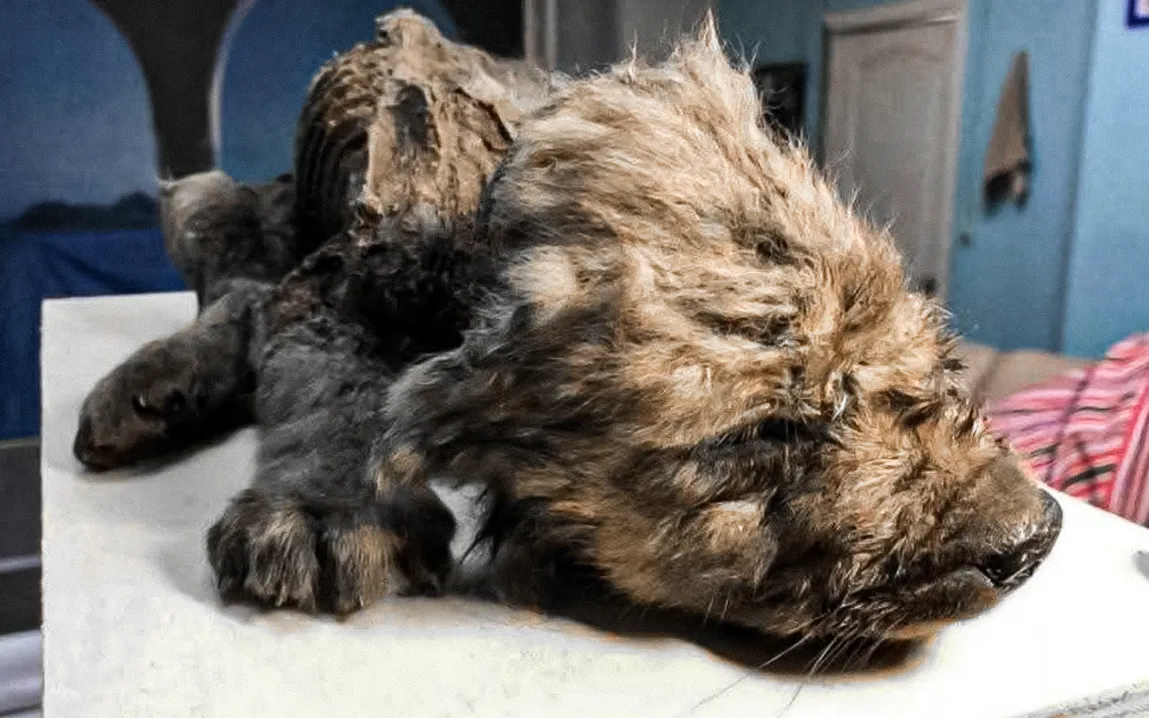Health officials in California are raising concerns after three people died from hantavirus, the same rare and deadly illness that claimed the life of Betsy Arakawa, wife of actor Gene Hackman, earlier this year.
A Tragic Cluster of Cases
The new deaths occurred in Mammoth Lakes, a rural town in Mono County, where health officials say the recent cases are both “tragic” and “alarming.”
“The occurrence of three cases in a short period has me worried,” said Dr. Tom Boo, Mono County’s Public Health Officer.
Arakawa passed away in February at the couple’s home in New Mexico. It took nearly two weeks for doctors to determine she had died from Hantavirus Pulmonary Syndrome (HPS).
What Is Hantavirus?
According to the CDC, hantavirus is a group of viruses spread mostly by rodents, particularly through urine, droppings, and saliva. People can become infected by inhaling dust particles from contaminated areas, especially while cleaning or vacuuming rodent-infested spaces.
- Not spread person to person
- Can, in rare cases, spread through rodent bites
- Can be fatal in about 40% of cases
How the Recent Victims Were Infected
- One person likely contracted the virus while vacuuming rodent waste inside a known-infested home.
- Another case is linked to home exposure.
- The third case, a young adult, remains a mystery—officials have no clear explanation for where or how they were exposed.
Symptoms of Hantavirus Pulmonary Syndrome (HPS)
The illness often begins like the flu, with symptoms such as:
- Fever, chills, and body aches
- Headache and nausea
- Dry cough and stomach pain
As the disease worsens, it can cause serious breathing problems and can quickly become life-threatening.
Health Officials Urge Caution
With no known cure or vaccine, prevention is key. Health experts are advising people, especially in rural or rodent-prone areas, to use caution when cleaning basements, cabins, or sheds. Protective masks and gloves are strongly recommended.
“This virus is rare but extremely dangerous,” officials warn.



